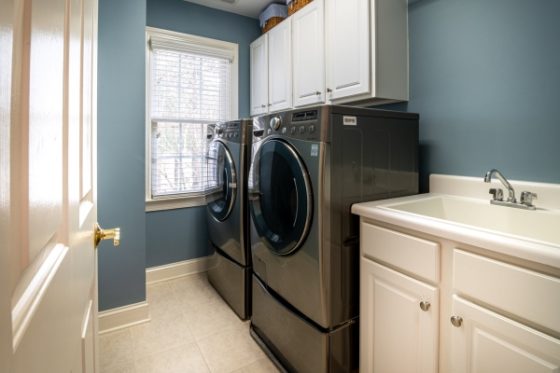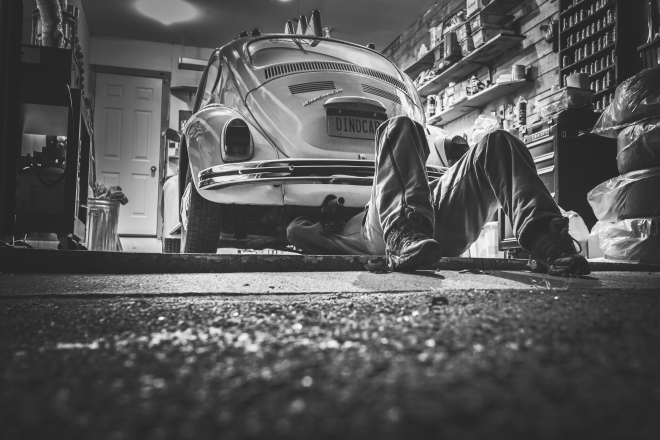How To Stay Green At Home During The Pandemic
The current COVID-19 pandemic has many of us staying home more than usual. Our routines have been disrupted, and we are all adapting to a new way of life. Adjusting to these drastic changes can take time, and you may be worried that staying home more will upend your green lifestyle.
However, by adjusting your green lifestyle to suit home isolation, you can continue living an eco-friendly life while doing your part to slow the spread of the virus.
Home Generators
Staying home more than usual will likely mean you are using more energy than expected. You can take steps to reduce your energy usage, but you can also decide to add a generator to your home.
There are two types of conventional residential generators aside from roof-mounted solar panels. You can either use propane or solar generators for home use to combat your higher energy usage during home isolation.
Propane Generators
These are permanent installations on the outside of your house that are perfect for eco-conscious homeowners. It’s a cleaner fuel than gas or diesel and doesn’t produce as many emissions.
Propane also does not degrade over time or pollute water and soil like other fuels, making it safe to store for an extended period. Propane generators also come in a variety of sizes to suit your house’s needs.
In the event of a power outage, a propane generator can supply a house with power for a few days, unlike other home generators.
Solar Generators
Generally uses the same technology as roof-mounted solar panels but on a smaller scale. Solar generators are typically smaller portable generators designed to power small electronics like smartphones or laptops.
Larger solar generators can power a refrigerator, but those are less common and sport a higher price tag. Many people find solar generators perfect for camping or other outdoor activities. However, they can be perfect for charging your phone in your backyard instead of using grid-based electricity.
Maximize Deliveries
While we are all staying home more, most of us are making the most of the various delivery services. Amazon has standardized fast delivery, and you can order almost anything from the retail giant. However, ordering a bunch of items from Amazon might not be the most eco-friendly practice.
Amazon has added a delivery option that will let you maximize your deliveries to minimize the environmental impact. If your orders are not urgent, opt for delivery on your Amazon day so multiple orders can be shipped in one box. By grouping orders together, you are wasting fewer packing materials and reducing transportation costs without sacrificing convenience.
Small Changes Around the House
Living and eco-friendly life doesn’t necessitate massive changes. Making small changes to your daily habits can create a significant impact without greatly affecting your day to day life. Combine a bunch of these changes to make an even bigger push towards green living.
The easiest way to save energy around the house is not to overwork your thermostat. Leave your thermostat at 78 during warmer months and turn on smaller fans instead of cranking up your air conditioning.
The same rule applies in colder months; leave your heat as low as possible and grab a blanket to warm up instead. You should not make yourself uncomfortable in your own home, but adjusting your thermostat a few degrees can make a world of difference in your energy usage.
To use less water and energy, focus on taking shorter showers and using cold water for dishes and laundry. Washing a full load of dishes by hand is more wasteful than washing the same dishes in your dishwasher. So, don’t be afraid to use appliances in an eco-friendly way.
Wash your clothes in cold water and buy a high-efficiency washer if possible. Avoid using your dryer as much as possible. Dryers use a significant amount of energy to generate heat, and air drying your clothes is a much more environmentally conscious choice. Leave your clothes to air dry overnight to wake up to fresh laundry without using excess energy.
An alarming number of everyday household electronics consume energy even when they are not in use and turned off. These devices are commonly called energy vampires. TVs, game consoles, and computers are often energy vampires that will silently use energy.
To stop the vampires, plug these devices into a central power strip so you can unplug the power strip instead of each device.
Conclusion
Staying home during the current pandemic does not mean you must forgo a green lifestyle. You can successfully remain in home isolation, but still, stay eco-friendly. Adding a generator to your home can counteract higher energy usage; propane and solar generators are great options for home generators depending on your needs.
Use Amazon day to maximize your deliveries while reducing your environmental impact. Smaller changes in your day to day life can also make a significant difference, so examine your daily habits to see where you can save energy and water.
Making your kids aware of the importance of eco-friendly behavior, thriftiness, and how to go green at home doesn’t have to be a difficult parental task. Here are the best tips to help teach your child how to go green.







